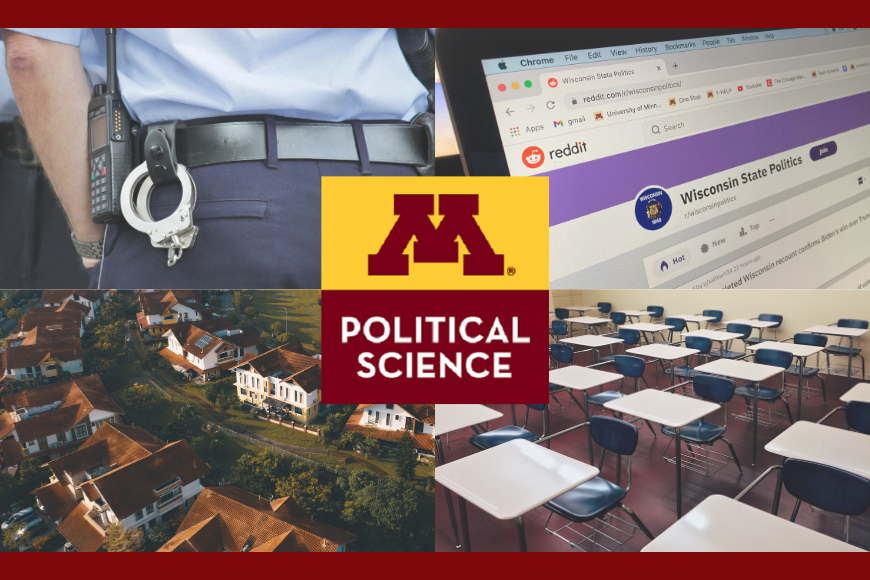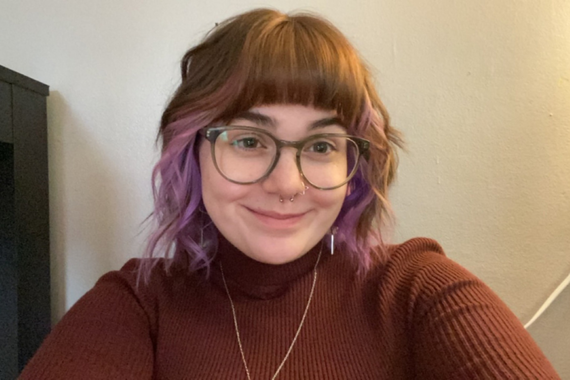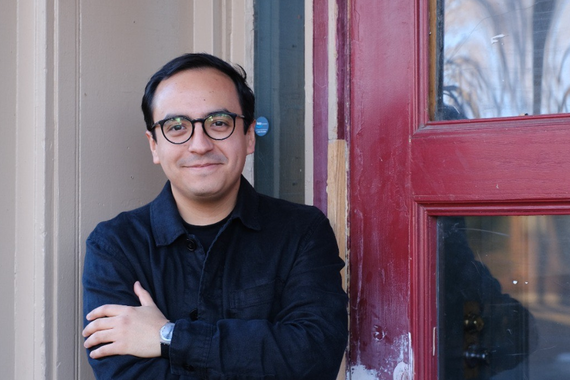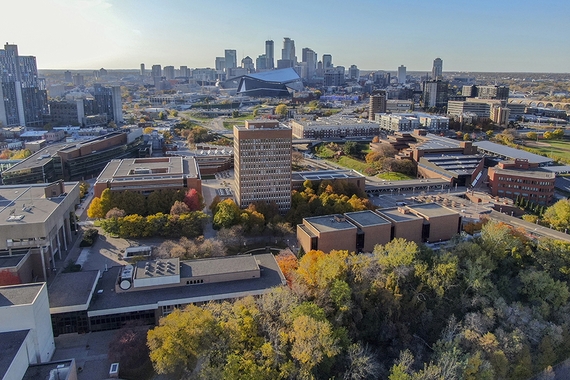Understanding Local Politics Through Reddit
How would you summarize your research project?
Local politics is a field that's very important but rarely studied, in part because the data is especially bad. In this project, we explain ways that political scientists can use Reddit to learn about local politics.
Did others collaborate with you on this research project?
Adam Le, a graduate student at UMN; Josephine Warmka, an undergraduate political science major at UMN; and Emily M. Farris, an associate professor at Texas Christian University.
How did this project come about?
This project arose because I was trying to find a way to accurately capture political opinion on lobbying within cities for another project.
I've done other research on how to collect city-level data as well. I realized that several people I know seem to keep their finger on the local political pulse by using subreddits, so I wondered if that would be helpful for understanding city politics across the country. I enlisted Emily, my co-author from previous work on local politics data; Adam, a graduate student interested in local politics; and Josie, an undergrad who'd worked with me in my department's Distinguished Undergraduate Research program (DURP) and had shown great potential with data visualization, to help figure out how useful Reddit could be and in what ways.
Were there any outcomes from the project that surprised you?
I was surprised this [studying subreddits] worked so well. I thought there would be so much noise in the data—basically, non-political content—that we wouldn't be able to isolate clear political concepts, but I was wrong.
How is the knowledge that came out of this project important?
This knowledge provides an easy and readily-available way for people who want to study local political issues across the United States to learn about what issues are being talked about in which cities, how those topics evolved, and how they may be discussed differently in different cities.
What are some deeper questions that your research is trying to answer?
Most existing research on local politics is based on case studies—deep, informed explorations of individual cities or a small number of cities—and those are really great for their depth. I am interested in expanding resources for people who want to study trends across large numbers of cities, since local politics is so influential on the everyday lives of most people and so poorly understood by political scientists.
How does your work confront problems facing our society?
Local politics is an area that needs a lot more attention from political scientists since it shapes everything about how we live our day-to-day lives (everything from policing to access to parks and schools). This strand of my research is trying to help more political scientists do this research by exploring new forms of data and ways to collect it.
How does your research connect to your teaching?
I teach our research design and quantitative analysis undergraduate class (POL 3085), in which students get to explore political issues that matter to them and design and carry out quantitative analyses to test their theories. Access to data—and different kinds of data—is really fundamental to this.



